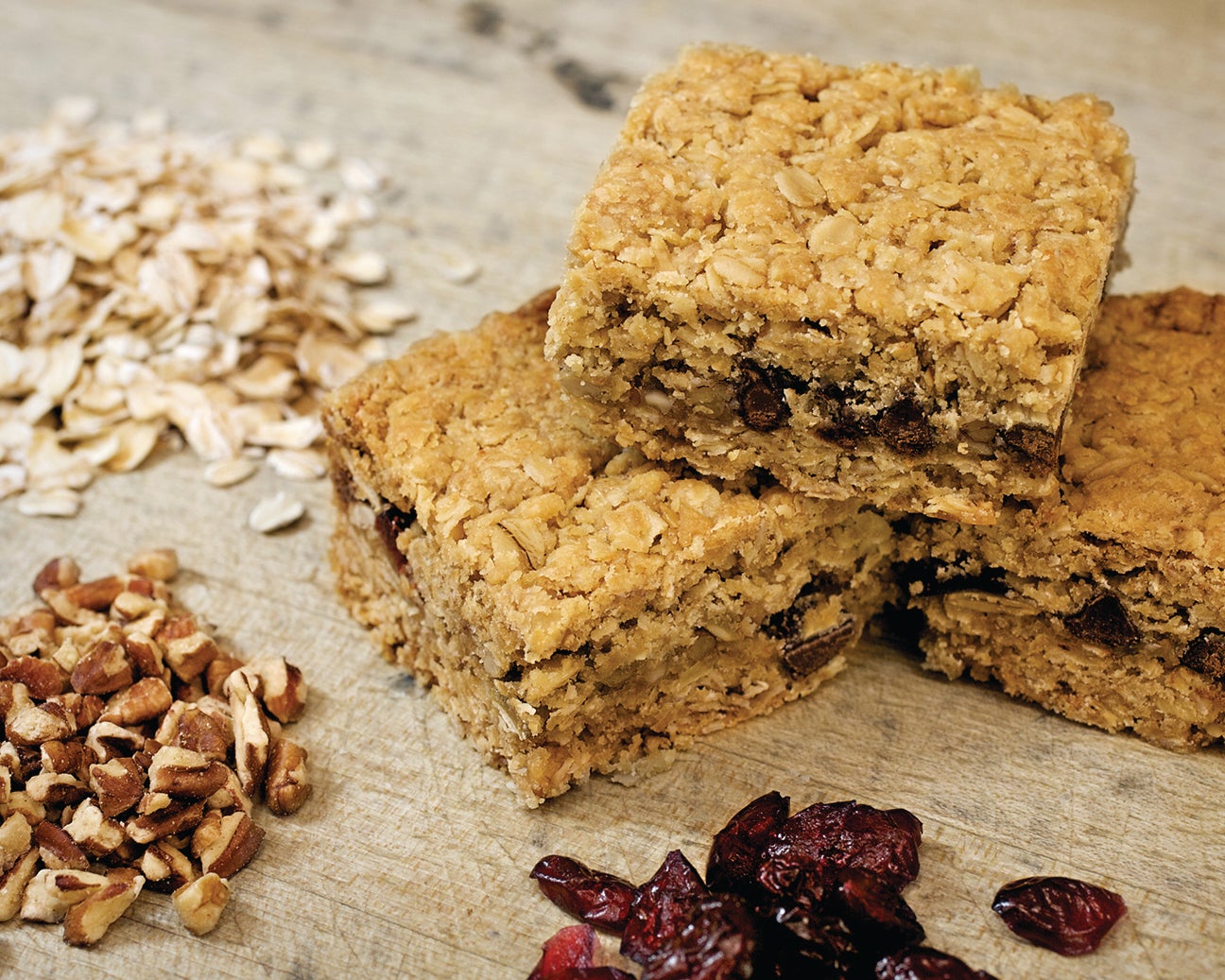Whole Foods For Recovery

Professional triathlete and sports nutritionist Pip Taylor provides advice on incorporating whole foods into your recovery plan.
Whole, real foods should be the base of everyone’s diet whether they are athletes or not. By consuming a wide variety of natural foods, you should be able to get all the nutrients you need, assuming that you have no other deficiencies or medical need for supplementation.
Optimal recovery from intense exercise requires replenishment of glycogen stores as well as hydration and protein for muscle repair and adaptation. An athlete needs to consume adequate amounts of carbohydrate for refueling, and this should still be the primary focus of the recovery meal immediately after training, when the uptake of blood glucose into skeletal muscle for glycogen re-synthesis is highest.
However, adding protein to recovery snacks and meals enhance muscle glycogen re-synthesis and muscle tissue rebuilding, thus speeding up the recovery process. The protein needs of endurance athletes are around 0.5 to 0.7 grams per pound (1.2 to 1.6 grams per kilogram) of body weight per day, which is slightly higher than for sedentary people. However, unless you are on a restricted diet or a poorly planned vegetarian or fad diet, it is likely that the extra food you consume when training hard, including recovery foods, fulfills your increased protein requirements.
For example, if you’re a 135-pound athlete, you require about 81 grams of protein daily. Each of the following contains 10 grams of protein: 1.75 ounces of fish, 1.25 ounces of cooked red meat, one cup of low-fat milk, two small eggs, four slices of bread, two cups of cooked pasta and 2 ounces of nuts. These examples make it clear that protein requirements are easily met within a normal balanced diet.
The ideal recovery snack or meal will contain about 0.45 grams of carbohydrate per pound (1 gram per kilogram) of body weight and 10 to 20 grams of protein. (For the 135-pound athlete, this equates to 60 grams of carbohydrate and around 15 grams of protein.) There are some good commercial recovery sports nutrition supplements that provide the macronutrients in these ratios, which can be a convenient, portable and timesaving option. They also are great when you are simply too exhausted to think about preparing something to eat. However, again, your primary source of nutrition, whether you are an athlete or not, should be whole, real, nutritious foods. Here are whole-food options that combine carbohydrate and protein in amounts that will optimize recovery as well as help to meet other nutritional needs, such as calcium, iron, zinc, vitamins, minerals and fiber:
– 1.5 to two cups breakfast cereal with 0.5 cup milk
– Sandwich with lean meat or cheese and a piece of fruit
– Cup of fruit salad with a tub of yogurt
– Two toasted muffins with peanut butter
– Large fruit smoothie
– Two cups stir-fried rice with eggs, lean meat
– One cup cooked legumes (lentils, beans, etc.) on toast
Happy eating!